Donald Trump EV cars: What presidential win means for Musk, EV industry
An election win for Donald Trump could set off a bomb within the global EV industry. This is what it means.
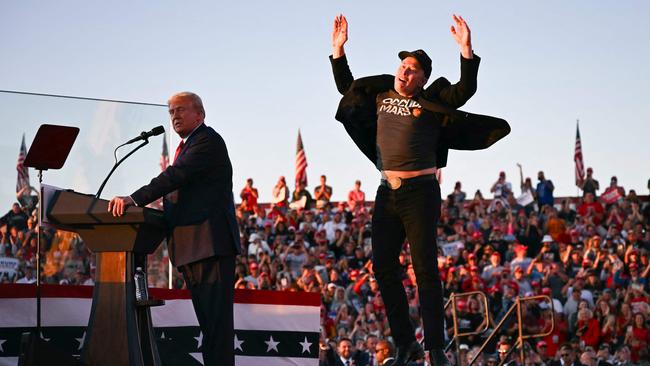
Motoring
Don't miss out on the headlines from Motoring. Followed categories will be added to My News.
As the 2024 United States presidential election approaches, the future of electric vehicles (EVs) hangs in the balance, especially if Donald Trump wins.
His shifting views on the topic leaves many people wondering what a potential Trump win could mean for the EV industry.
One moment, he’s praising figures like Elon Musk, the next, he’s suggesting EV supporters should “rot in hell”.
During his first presidency, Trump scaled back several Obama-fuelled standards, arguing that they were economically ruining the United States.
“We’re going to ensure that our regulations are reasonable and don’t choke the life out of American industry,” he said at the time.
During his current campaign, he’s been vocal about his stance on EVs.
Just last December, he said the push for EVs was “electric car lunacy” and that EV supporters should “rot in hell”.
MORE:Boss warns: China EV ‘bloodbath’ to hit Aus
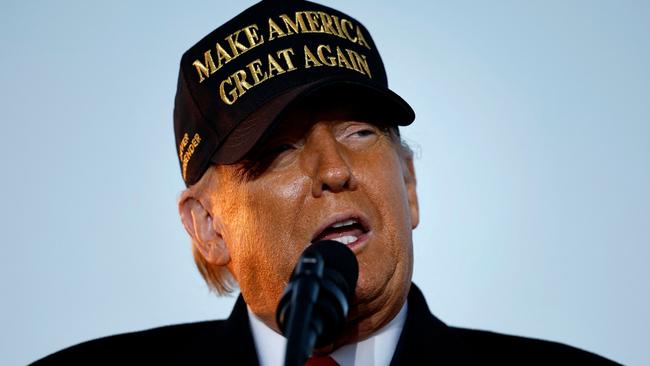
MORE: Ban on Chinese car tech exposes Australian vulnerability
In July this year, he attacked Chinese-made EVs saying that they’re part of a “meaningless new green scam ideas” and that he would quash them if he wins.
“I will end the electric vehicle mandate on day one, thereby saving the auto industry from complete obliteration (and) saving US customers thousands and thousands of dollars per car,” he said.
His views have been in stark contrast to the actions of the Biden administration, which has invested billions of US dollars in the EV sector.
Any changes to EV incentives under a Trump presidency could affect the market, explained
Cox Automotive Inc, an Atlanta-based vehicle services and research company.
“Despite a pessimistic view of the current and future EV sales environment, a growing majority of dealers feel the government-supported EV sales incentives are having a positive impact on sales,” a Cox Automotive Inc spokesman said.
A shift in US EV policy under Trump is unlikely to impact Australia but will affect automakers, Cox Automotive Corporate Affairs Manager Mike Costello explained.
“The US is not a major source of vehicles for Australia today, so any theoretical change in policy there is unlikely to have a quick or direct impact on what we see here.
MORE:Calls to ban ‘weaponised’ Chinese EVs
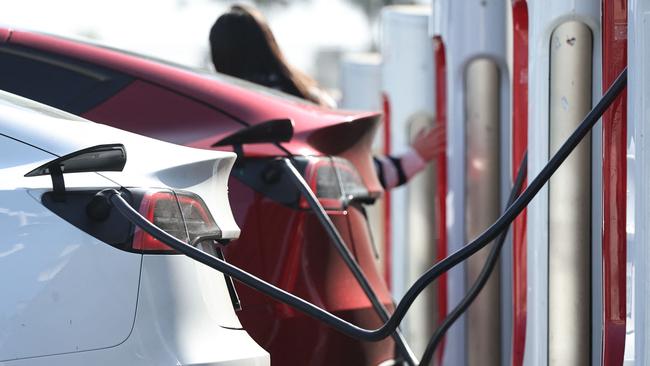
MORE:Chinese copycat utes confirmed for Aussie launch
“Of course, the US is one of the world’s key vehicle markets, so any major change in policy there does impact forward planning for most major car brands to some degree.”
In 2018, Trump imposed several tariffs on Chinese goods, consequently impacting the auto parts and battery components industry.
In his second presidential run, Trump has proposed more tariffs, a 60 per cent tariff on all Chinese imports, and a 100 per cent tariff on all cars made outside the United States.
For Trump, it’s about protecting his country, stating “we’re bringing jobs back to the US, and we won’t let unfair practices undermine that”.
His support for American manufacturing could mean more incentives for producing EVs in the US.
However, economists have voiced their concerns, because these tariffs, along with Trump’s other tax proposal, could cost Americans $500 billion per year.
MORE:Warning to EV owners after garage horror
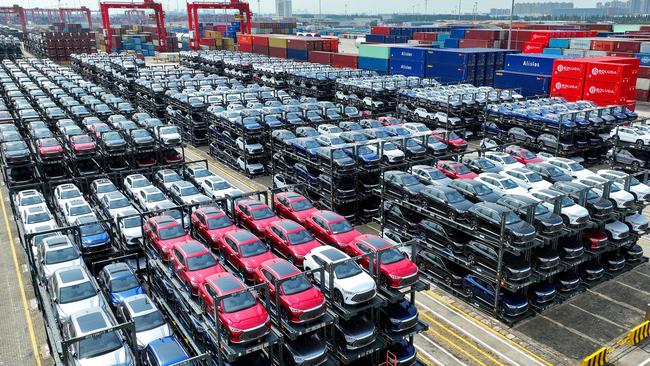
Beyond the US, Cox Automotive Australia corporate affairs manager Mike Costello said other markets, like Australia, will become important to China.
“One issue at the moment are the largely bipartisan trade barriers aimed at China, which has come to dominate the global EV market, both via domestic consumption and vehicle exports,” he said.
Costello points out that the world’s two biggest EV battery firms, CATL and BYD, are Chinese.
As trade barriers of EVs and parts from China increase, these companies may seek alternative export markets, Costello said.
“Places such as Australia, where there are relatively low barriers to entry, become a strategic market for giants such as BYD, Chery, Geely and SAIC,” he said
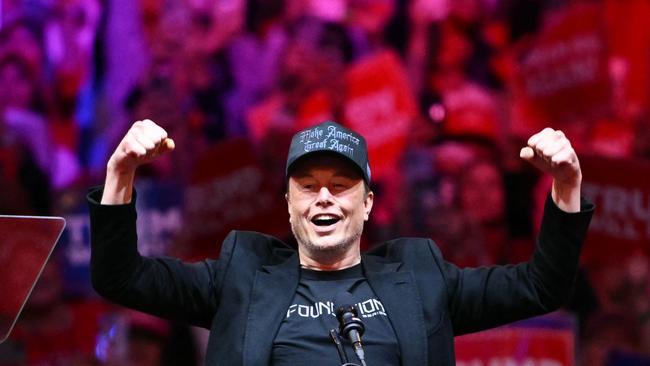
Despite his strong opinions, it seems as though Trump’s position has softened, possibly influenced by Musk’s donations of more than $100 million USD to America PAC, a pro-Trump effort, since July.
“I’m for electric cars, I have to be because Elon endorsed me very strongly,” Trump recently told supporters at a rally in Atlanta, Georgia.
Musk, a leader in the EV industry, CEO of Tesla and SpaceX has long been vocal about supporting Trump despite his views on EVs.
But it’s become clear that the relationship between Musk and Trump is transactional, with Trump recently telling supporters that “I have no choice” and that EVs were suitable for a “small slice” of the population.
Trump went on to say “you want every type of car imaginable” to be available.
As the election nears, who knows what a Trump presidency could mean for the EV industry.
Given his history of shifting positions and unpredictability, it remains uncertain how his policies might shape the future of EVs.
Originally published as Donald Trump EV cars: What presidential win means for Musk, EV industry




